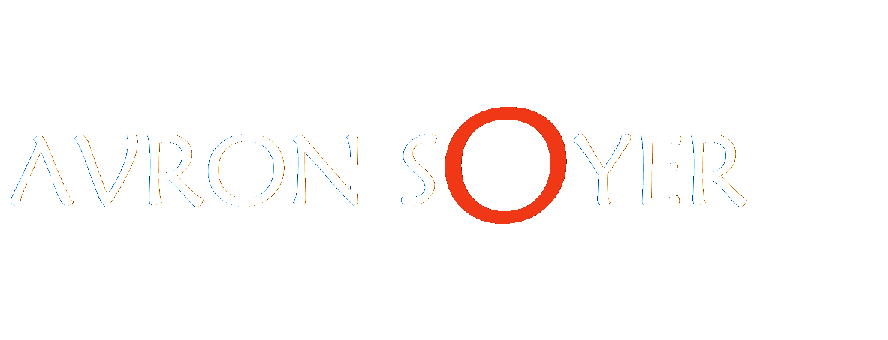Entering through the Methodology of Foundational Discipline Reconstruction (2004)
1.Opening
1.1
This project should appear as process transparently within its artifact.
Its processes should be worked through as procedures.
In so far as these essays are transparent they can be replayed as they are and in their unrealized potentialities.[1]
In theoretical reason methodology is omnipresent.
1.2 (1986)
Sociology-psychology is within its own domain of inquiry and is committed to disciplinary self-knowledge. Thus theory and method, inquiry and presentation should be mutually transparent and dialogically interpenetrating.
Discipline reconstruction is not arbitrary, “merely semantic” or entirely routine. It is in dialogue with experience and open to surprises. It is responsible to reason, to its required problems and to the integrity of its own processes.
1.3 (2005)
We term “immanent” those foundational methodological concerns that directly address constitutional problems. We term “contextual” those that appear in practice as unavoidable irresolvable tensions.
“Immanent concerns” include: “required beginning,” “transparency,” “discontinuous reason,” “communicative form,” “living in language,” “movement in openness,” and “the clarification/evaluation of meaning constellations.”
There are “contextual” tensions between
- Creative openness, immanent disciplinary requirements, and received expectations.
- The author’s limitations, and the inexhaustible implications of disciplinary themes (e.g., it is crucial to avoid “interminable writing” and attain “authentic provisional completion”).[2]
- Coherent immanent/natural development and recognition of “other voices.”
- The fertile ambiguous complexity of human existence and the clarifications/simplifications of disciplinary abstraction.[3]
Immanent and contextual concerns influence strategic and tactical methodological decisions. Foundational concerns cannot be resolved through rule. One can dance with them.
2.Awareness-in-the-act
I learned to listen to “awareness-in-the-act.”
One examines and questions one’s movement as one moves. One explores the requirements of one’s action as it proceeds.
One maps problems, concepts and procedures as they arise within the work. One explores horizons these locations open.
Sources include “the Socratic method,” the Stanislavskian actor’s “exploration of process” and modern poets’ articulation of thought in motion…. Yet awareness-in-the-act is transparent to itself.
3.Methodological Tact (2005)
In “methodological tact” methodology is directly guided by awareness-in-the-act. Methodological tact is neither incoherent nor rule bound.
Balance is crucial…. A crucial movement is to step back from over specification without sacrificing precision.
4.Sensitivity to Reasonable Limitations
Reasonable exploration of potentialities requires sensitivity to limitations.
The phrase “whatever else it also is” should serve sociology-psychology against hubris…. It should help locate interpretations within horizons of dialogue in relationship to an always-absent “totality.” It should help “mark” self-knowledge (e.g., personal, group, disciplinary, species) as an infinite project, an open interminable dialogue of dialogues.
5.Required Beginning
5.1
In committing myself to theoretical reason, I found that “an arbitrary” development and organization would be inappropriate, and that uncritically following convention would be arbitrary.
The first version of this manuscript (1962) attempted an axiomatic system (a la Hans Zetterberg). I slowly recognized that “constructive” as well as deductive implication is required.
I sought a required beginning in which the main lines of development are available “in potential.”
I opened through my personal existence, the act of writing, the crisis of modernity, art, and the concept of reason. I approached through the exploration of species dynamics (e.g. problem /solution connection, and contextual creativity). I entered through various traditionally “regional” concerns (e.g., deviance, education, pathology).
None of these attempts was entirely irrelevant or provided an adequate foundation.
5.2
I slowly recognized that I was trapped in “paths” and “destinations.” A path is external to its destinations. One can only follow one path at a time.
Conversations can move in many directions at once. A conversation includes its beginning and end.
I synthesized spatial and conversational metaphors to conceive our life together and apart as an open dialogical interplay of diverse “voices” and orientations, as “the ocean of voices.”
Continue Reading Avron Soyer’s A Dream of Reason II.
Part 4 Entering from the Act of Writing and the Notion of Dialogue
Footnotes
[1] Chess is an influence.
[2] An extreme instance of interminable writing on the highest level is Ezra Pound’s The Cantos. In extreme old age in two wonderful fragments he achieved a desperate resolution by surrendering completion.
A blown husk that is finished
But the light sings eternal
A pale flare over marshes
Where the salt hay whispers to tide’s change.
(Canto CXV, p.814)
I have brought the great ball of crystal
Who can lift it?
Can you enter the great acorn of light?
But the beauty is not the madness…
I cannot make it cohere…
I cannot make it flow through.
A little light, like a rushlight
To lead back to splendour.
(Canto CXVI, p.815-816)
Yet this triumph through renunciation proved temporary. Later he drew an arbitrary boundary.
These lines are for
The ultimate canto
Whatever I may write
in the interim. (24 August 1966)
Actually the end was the failure of creative power “in the shadow of death.”
[3] Contextual tensions are in Koch’s sense “antimonial”(Koch 1985, 82-90).
